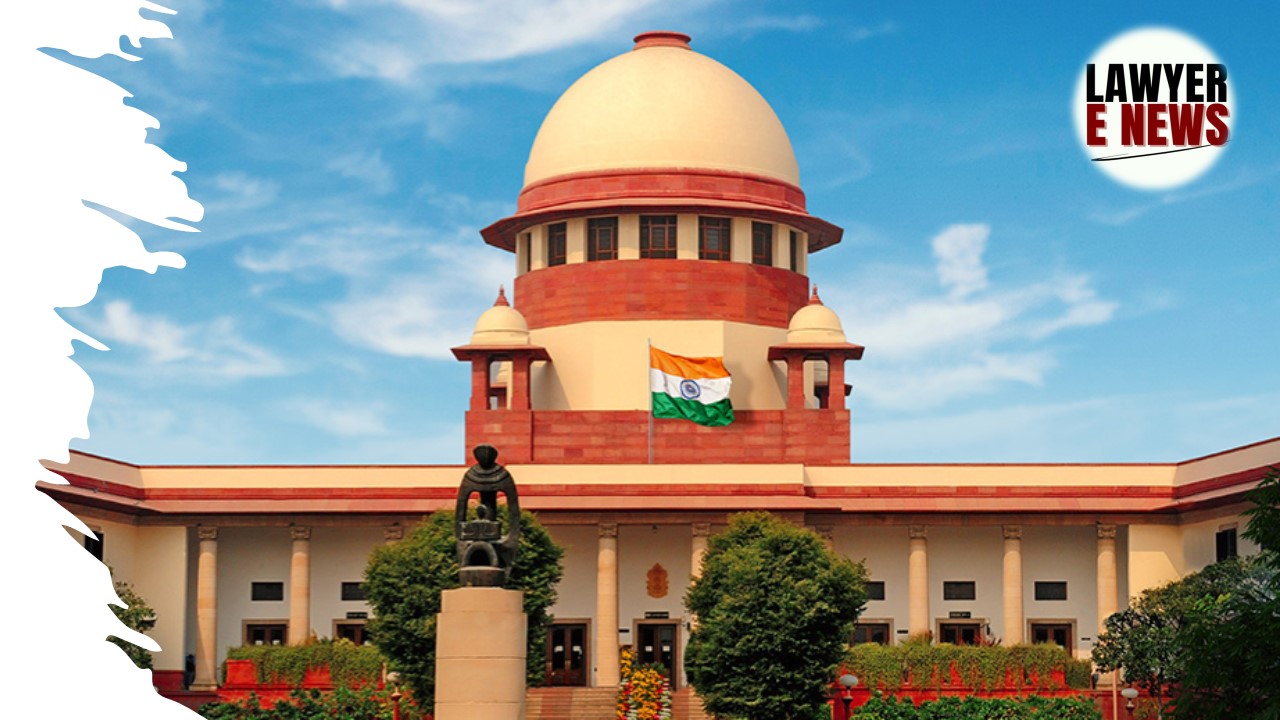-
by Admin
15 February 2026 5:35 AM



Supreme Court finds Himachal Pradesh High Court Collegium's failure to act collectively violated established norms in reconsidering judicial appointments. In a significant ruling, the Supreme Court of India has directed the Himachal Pradesh High Court to reconsider the names of two senior judicial officers for elevation as High Court judges. The judgment, delivered by a bench of Justices Hrishikesh Roy and Prashant Kumar Mishra, addressed the procedural lapses of the Himachal Pradesh High Court Collegium in its process of reconsideration. The court held that the elevation of judges requires collective consultation among all Collegium members, not unilateral decisions by the Chief Justice of a High Court.
The case was brought by two senior-most District and Sessions Judges from Himachal Pradesh, Chirag Bhanu Singh and Arvind Malhotra. In December 2022, their names were recommended by the Himachal Pradesh High Court Collegium for elevation as judges. However, the Supreme Court Collegium deferred their consideration in July 2023. In January 2024, the Supreme Court Collegium recommended that the Himachal Pradesh High Court reconsider their names. Despite this directive, the High Court Collegium failed to deliberate collectively on their elevation and instead proposed the names of other officers. This omission led the petitioners to file a writ petition under Article 32 of the Constitution, seeking judicial intervention.
The Supreme Court observed that the process of reconsidering judicial appointments must involve all members of the High Court Collegium. "The elevation of judges must reflect the collective wisdom of the Collegium, as a single individual's discretion is not sufficient to uphold transparency and fairness in such important decisions," the court noted. The court found that in this case, the Himachal Pradesh High Court Chief Justice acted independently, without engaging the other Collegium members, thereby violating the principles laid down in the "Second Judges" and "Third Judges" cases.
Justice Hrishikesh Roy underscored the principle of collective decision-making, stating, "The process of judicial appointments to a superior court is not the prerogative of a single individual. Instead, it is a collaborative and participatory process involving all Collegium members. This ensures that principles of transparency and accountability are maintained."
The court further emphasized that while the Chief Justice of the High Court may receive instructions from the Supreme Court, those instructions must be executed collectively. "A letter addressed to the Chief Justice of the High Court will not enable him to act without participation by the other two Collegium members," the bench observed.
The court elaborated on the limited scope of judicial review in matters of judicial appointments. Referring to prior decisions in Supreme Court Advocates-on-Record Assn. v. Union of India and Mahesh Chandra Gupta v. Union of India, the bench reiterated that while "suitability" is not subject to judicial review, "effective consultation" is. In this case, the lack of collective consultation by the High Court Collegium constituted a failure of the required process, making the petitioners' grievances valid.
The court held that the reconsideration exercise conducted by the Chief Justice of the Himachal Pradesh High Court alone was invalid, both procedurally and substantively. "There was no collective consultation, which is a mandatory element for ensuring fairness in judicial appointments," the court concluded.
This judgment reiterates the judiciary's commitment to transparency and collective decision-making in judicial appointments. The court's direction to the Himachal Pradesh High Court to reconsider the petitioners' elevation collectively is a reminder that judicial appointments, especially to higher courts, cannot be left to the discretion of a single individual. The ruling is expected to have a long-lasting impact on future Collegium decisions, reinforcing the importance of procedural integrity in the e levation process.
Date of Decision: September 6, 2024
Chirag Bhanu Singh & Anr. v. High Court of Himachal Pradesh & Ors.
